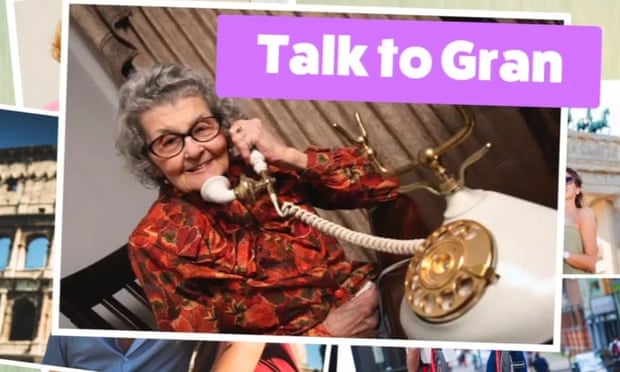| Stark. |
Millenials and other young people feel betrayed by the vote, as it signals a defeat for the values that young people typically hold dear: optimism, compassion, fraternity. Instead we are confronted with Brexit: a victory for parochialism, intolerance, and willful ignorance of the facts. The consequences will reverberate for decades to come.
| *Weeps single tear* |
Here we have a generation gap in perceptions towards Europe. Older generations may be more likely to see it as a nefarious Teutonic plot for domination of the continent, but for those of us born shortly before or after the fall of the Iron Curtain, the EU stands for opportunity: opportunity to study in another country, or enjoy unfettered travel and discover new countries and cultures. Young people still want those opportunities, even if it now must be pursued outside the EU.
As one viral comment succinctly put it, the result felt like a bitter blow against the young from a generation which had already enjoyed the privileges of EU membership:
 |
| Also poignantly underlining the human cost of the vote. |
| "In my day, I walked 23 hours to my polling station before writing an X for Lloyd George and promptly dying." |
However, I believe that the single biggest reason is apathy. Young people feel disconnected and let down by politicians before they have even had a chance to engage in politics. A young person in Britain today sees little in common with Tories, Labour, or Westeminster in general. Parliament doesn't seem to listen, care, or represent their interests in any way. Tuition fees are up, good job opportunities are harder to find than ever, and buying a house seems more like a pipe dream than a common right of passage. Millennials are apathetic because they see so little achieved by politics: this result merely confirms that they're going to get screwed regardless of how they feel about the issues.
| How British democracy feels to many young people. |
This vote is one more example: even if young people had mobilised, Leave would still have won. The referendum was not decided by absentee youths but persistent pensioners; it's a fact of almost any democratic process.
 |
| So much so that Remain ran adverts hoping that young people would dissuade elderly relatives from voting Leave. |
Given that Leavers were told that the referendum was an opportunity to stick two fingers up at establishment politicians and "show them what we really think", it's a little ironic that they would chide young people for not participating in a process they themselves are similarly disillusioned with.
All in all, it's a bleak picture. Isn't democracy fun?
 |
| Further breakdowns by party affiliation and education level. |
No comments:
Post a Comment